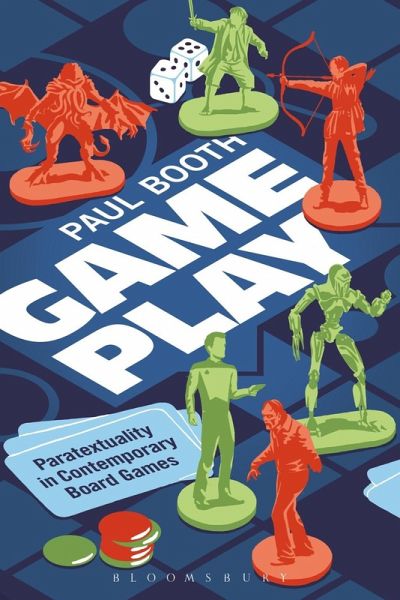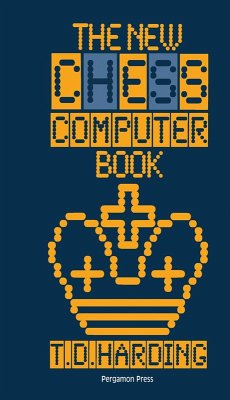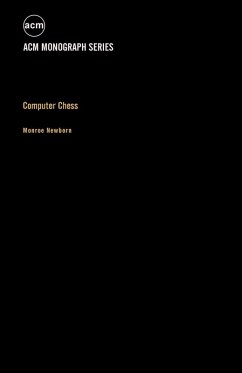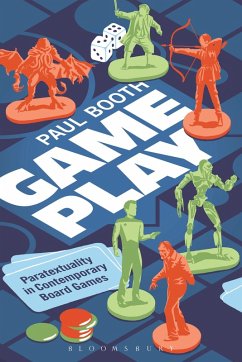
Game Play (eBook, PDF)
Paratextuality in Contemporary Board Games

PAYBACK Punkte
12 °P sammeln!
The 21st century has seen a board game renaissance. At a time when streaming television finds millions of viewers, video games garner billions of dollars, and social media grows ever more intense, little has been written about the rising popularity of board games. And yet board games are one of our fastest growing hobbies, with sales increasing every year. Today's board games are more than just your average rainy-day mainstay. Once associated solely with geek subcultures, complex and strategic board games are increasingly dominating the playful media environment. The popularity of these comple...
The 21st century has seen a board game renaissance. At a time when streaming television finds millions of viewers, video games garner billions of dollars, and social media grows ever more intense, little has been written about the rising popularity of board games. And yet board games are one of our fastest growing hobbies, with sales increasing every year. Today's board games are more than just your average rainy-day mainstay. Once associated solely with geek subcultures, complex and strategic board games are increasingly dominating the playful media environment. The popularity of these complex board games mirrors the rise of more complex cult media products. In Game Play: Paratextuality in Contemporary Board Games, Paul Booth examines complex board games based on book, TV, and film franchises, including Doctor Who, The Walking Dead, Lord of the Rings, Star Trek, The Hunger Games and the worlds of H.P. Lovecraft. How does a game represent a cult world? How can narratives cross media platforms? By investigating the relationship between these media products and their board game versions, Booth illustrates the connections between cult media, gameplay, and narrative in a digital media environment.













